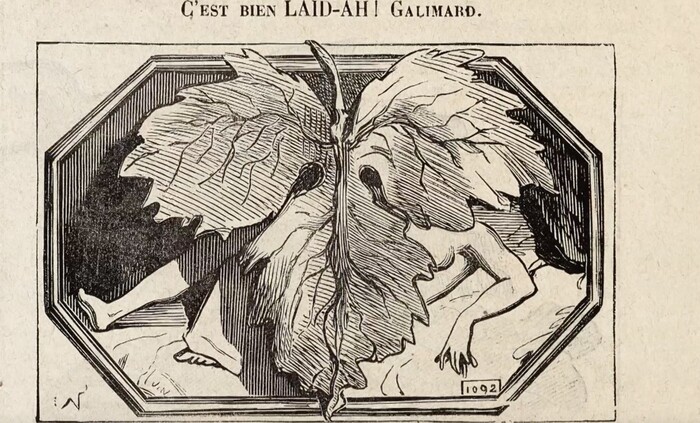“I can take any empty space and call it a stage”, says one of Peter Brook's famous quotes.
The British director, who died this Sunday, found the theater of his dreams in an abandoned room in the north of Paris, located in a working-class and multicultural neighborhood, today with an Indian and Pakistani majority, next to a bustling intersection where runaway traffic reigns at all the hours of the day and the black market for cigarettes, among other substances.
In that bare, dilapidated, fire-ravaged theater decades ago—“charred, ravaged by rain and hail, yet noble, human, luminous”—Brook managed to materialize all of his theories about the performing arts.
More information
Peter Brook, the theater giant of our time, dies at 97
The name of the place was Les Bouffes du Nord, an old
19th century
music hall
deserted for decades and on the verge of demolition, which Brook decided to restore without erasing "the marks that a whole century had left on its walls", preserving the cracked Pompeian red that continues to dye them, among many other flaws.
The reopening of this room with 500 seats took place in 1974 with
Timón de Atenas
, a little-known work by Shakespare adapted by Jean-Claude Carrière, Buñuel's faithful screenwriter, who since then has also been inseparable from the British director.
It was an Italian-style theater that Brook disguised as an Elizabethan room, against the bourgeois conventions that condition the former so much: no curtain, no sets, no fourth wall, with the audience seated in a few rows and also on the floor, never totally safe from a spit from some interpreter.
He co-directed it until 2010, when he handed over the baton to other managers without completely abandoning it: all his works continued to premiere there.
It's a theater, but to Brook it looked like "a courtyard, a mosque, a house."
It was the chameleonic space that he had fantasized about for decades, "capable of stimulating and freeing the imagination",
When asked about his method of work, this director allergic to the superfluous responded by quoting Gordon Craig, the great innovator of British theater: "Elimination"
After his bittersweet experiences leading the great British institutions, from the Royal Opera House to the Royal Shakespeare Company, Brook was able to unfold his theory of empty space in Paris, stripped of artifice and ornaments, but always vibrant and restless.
“Without search there is no creation, that word is so pretentious”, said its founder.
In Les Bouffes du Nord he promoted a “trial and error” theater, as he wrote in
Tip of the Tongue
, one of his latest books, published in 2017. He was a supporter of teamwork, collective and horizontal, during which an accumulation of successes and failures arose that chiseled the staging.
"Throughout that process, the unnecessary always ends up disappearing," said Brook.
When asked about his working method, this director allergic to the superfluous responded by quoting Gordon Craig, the great innovator of British theater: “Elimination”.
Brook believed that theater was a self-destructive art, "written in sand," whose ephemeral quality distinguished it from the rest of the arts.
He was also the most apt to inspect that dirty and smelly basement that he detected in the works of his admired Shakespeare, a basement where he lived, as he understood it, “the dirty bottom of our lives”.
Reluctant of compliments and conventions, Brook directed works as open to the world as the neighborhood where the stage is located that was resurrected in the seventies, declared a historical monument in 1993. After having worked with the greats of the theater in England (Laurence Olivier, Paul Scofield, Glenda Jackson), in Paris he wanted to do it with non-Western actors, such as the Japanese Yoshi Oïda and the Malian Sotigui Kouyaté, who quickly joined his company.
In the same way,
his works delved into other traditions.
The best example is
Mahabharata
, inspired by the great Indian mythical story, which will be remembered as his most emblematic show.
“If we want to talk about the human being, we cannot reduce it to the white and bourgeois man of our societies”, said Brook, for whom his peers will have been, until the end of his days, “the only esotericism that deserved to be deciphered”.









/cloudfront-eu-central-1.images.arcpublishing.com/prisa/UFLZRSS3JBJLBP66RM6Q4AKJ4M.jpg)